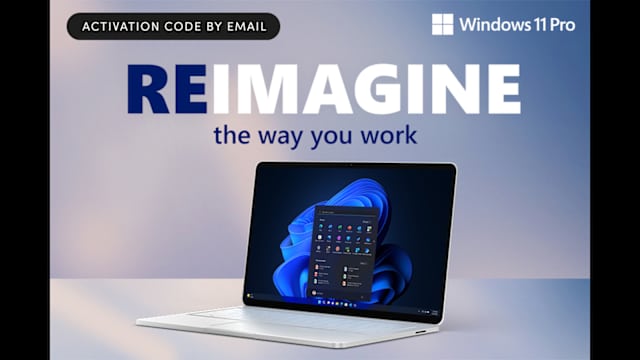NEW YORK – Chuck Rosenberg makes no secret of his admiration for Robert Mueller.
Keep that in mind, along with the format of Rosenberg's podcast “The Oath,” now that NBC announced that the former special counsel who looked into Russian interference in the 2016 election has given an extensive interview that debuts Wednesday.
Recommended Videos
Mueller, the ex-FBI director, rarely speaks publicly and has been virtually silent about his special counsel experience since testifying before Congress in July 2019.
In two separate podcast episodes, each nearly an hour, Mueller doesn't talk about his work as special counsel. He isn't even asked.
“There are some questions that you simply don't have to ask,” said Rosenberg, who worked for Mueller as an FBI counsel. “I knew he wouldn't talk about it and I had really no intention of asking about it.”
He took Mueller at his word that he wouldn't talk about his work as counsel after his testimony. Mueller made an exception in September, pushing back after one of his former prosecutors suggested in a book that the counsel's team wasn't aggressive enough.
Rosenberg's stance is consistent with the format of “The Oath,” in which present and former government officials who have taken an oath to protect the Constitution are interviewed about their lives and careers, while steering clear of current events and political controversies.
Rosenberg, also a former federal prosecutor, has taken the oath nine times. He's been an analyst and podcast host for NBC News since quitting as acting head of the Drug Enforcement Administration in 2017, after President Donald Trump suggested to law enforcement officers that they “don't be too nice” to suspects in custody.
Even in an era of suspicion about the “deep state,” or perhaps because of it, there has clearly been a public taste for “The Oath.” The Mueller interview leads its fourth season.
The show has been in the Top 200 of the Apple Podcasts charts for more than a year, said Andy Bowers, co-founder of the podcast hosting company Megaphone.
Rosenberg's extensive experience helps with access, so his guest list is consistently interesting, said Benjamin Wittes, editor in chief of the Lawfare blog. He's also unapologetically earnest, as are many of his guests, at a time of cynicism.
“That's the winning formula on ‘The Oath,’ a serious person talking to serious people about public service at a time when people really want to remember what public service is supposed to be," Wittes said.
The Mueller interview is a bookend to Rosenberg's two-parter with Mueller's successor as FBI director, James Comey, in the podcast's first season.
The voluble Comey is a contrast to Mueller, who's quite comfortable with short answers. “I did OK,” Mueller said when Rosenberg was trying to draw him out about commendations he received during training with the Marines.
Did you like law school? “Not particularly,” Mueller said.
“Jim is a natural storyteller, so in some ways it is easier (to interview him),” Rosenberg said. “Bob also has a lot of stories to tell, you just have to let him tell them in his own way. I found that compelling — two very different styles, as our listeners will notice, but I think two men of substance.”
Although there was talk after his congressional testimony that Mueller, now 76, had lost some sharpness with age, Rosenberg said “he seemed fine to me.”
When coaxed, Mueller is most interesting in the first podcast talking about his experience in Vietnam. He volunteered for the Marines after a teammate on his Princeton lacrosse team was killed there, and commanded a unit that was — he found out later — essentially used as bait to draw out the North Vietnamese army.
The experience inspired a lifetime of public service, primarily because Mueller was grateful to have survived.
It's the type of service that's hard for the cynical to fathom. In another episode this season, Rosenberg speaks to Heather “Lucky” Penney, a former fighter pilot given the assignment on Sept. 11, 2001 of stopping United Airlines Flight 93 as it was bound for the U.S. Capitol. Since there was no time to arm the jet, her only choice was to ram the airliner; she was effectively sent on a suicide mission. Instead, the plane crashed in Pennsylvania after passengers overpowered the hijackers.
In the Mueller interview, Rosenberg said he relished the opportunity to get to know someone he knew only as a boss.
“There's a bit of a Marine Corps officer outer shell,” he said. “He can be a little bit intimidating. But underneath all of that, he is a remarkably kind and humble and civil man. Coming up in the ranks of the Department of Justice, Bob Mueller is an icon. Everybody that I worked with knew of him and admired him, but often from a distance.”
___
This story has been corrected to note that the podcast is debuting on Wednesday.




